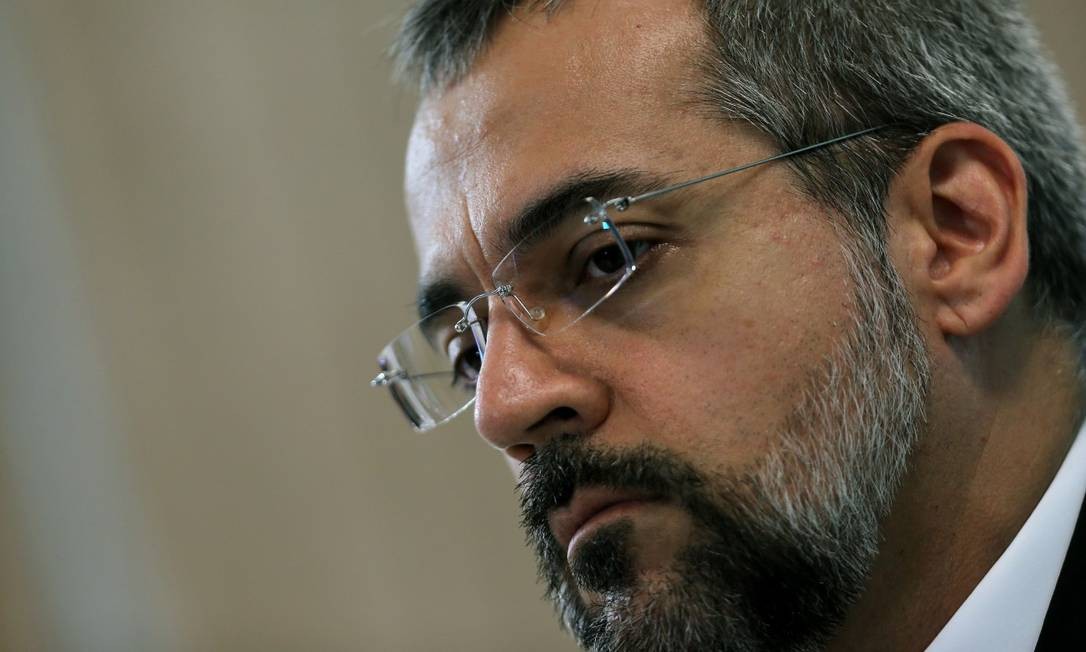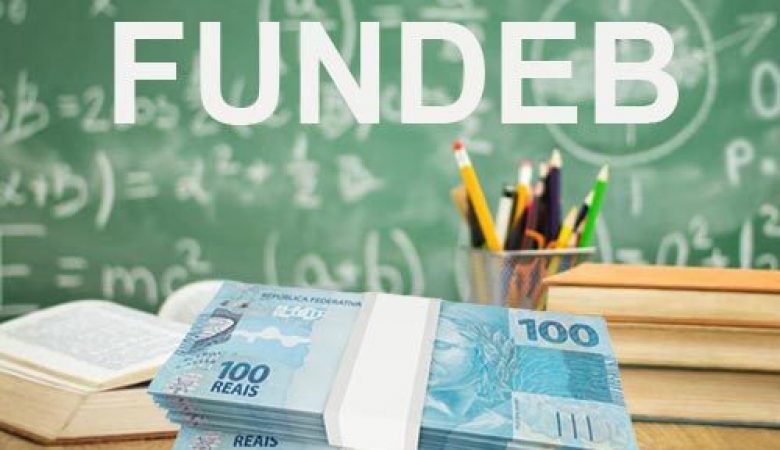RIO DE JANEIRO, BRAZIL – The Minister of Education, Abraham Weintraub, said on Thursday, July 11th, that he will seek to comply with the National Education Plan (PNE), but that he intends to reduce the goal of investing at least the equivalent of ten percent of the Gross Domestic Product (GDP) per year in public education by 2024.

“Raising what is spent means that we will increase Brazil’s taxes by 10 percent. This we can change in the PNE, as I am against increasing tax,” he argued. “[The PNE] needs to be respected. However, paying money also needs to be respected,” he added.
The PNE, enacted into law in 2014, sets goals and strategies to improve education from early childhood through postgraduate and must be fully met by 2024. “We will try to meet the goals, respecting the plan,” said Weintraub. He emphasized the goal of providing universal pre-schooling and ensuring that fifty percent of children under the age of three are enrolled in daycare centers.
According to a report by the 2nd Monitoring Cycle of the National Education Plan Targets (PNE), released last year by the National Institute of Educational Studies and Research Anísio Teixeira (Inep), public investment in education fell from the equivalent of six percent of GDP in 2014 to 5.5 percent in 2015 — the latest available data. Considering public education spending alone, this investment was equivalent to five percent of GDP.
The target set by the PNE is an annual investment equivalent to at least ten percent of GDP in public education as of 2024. The plan also establishes an intermediate investment target of seven percent of the GDP in 2019. According to the report, for the 2019 goal to be reached, an increase of approximately R$ 120 billion in funds for public education will be required.
“With greater efficiency in spending, there is no need to expand to ten percent of the GDP,” said Jânio Carlos Endo Macedo. To change the percentage of investment provided for in the law, a new bill is required, which must be passed by the National Congress. The portfolio has not detailed how it will carry out this change.
FUNDEB
The Ministry of Education (MEC) presented the National Commitment to Basic Education, a document filed Thursday, July 11th, which brings together actions that are being planned by the portfolio to be implemented by the end of this mandate, from daycare to high school.

Weintraub stressed that available funds are limited and that choices must be made. He defended the expansion of funds for basic education through the Fund for the Maintenance and Development of Basic Education and the Valuation of Education Professionals (FUNDEB).
FUNDEB is currently one of the primary sources of funding for schools across the country. It accounts for approximately 63 percent of funding for basic public education in Brazil, according to MEC.
The fund, however, will only run until 2020. The National Congress is discussing proposals to render Fundeb permanent.
Last month, MEC introduced the government’s proposal for Fundeb. The portfolio proposes to increase the federal government’s contribution to FUNDEB to fifteen percent in six years. The federal government currently provides ten percent; municipal and state governments fund the remainder.

